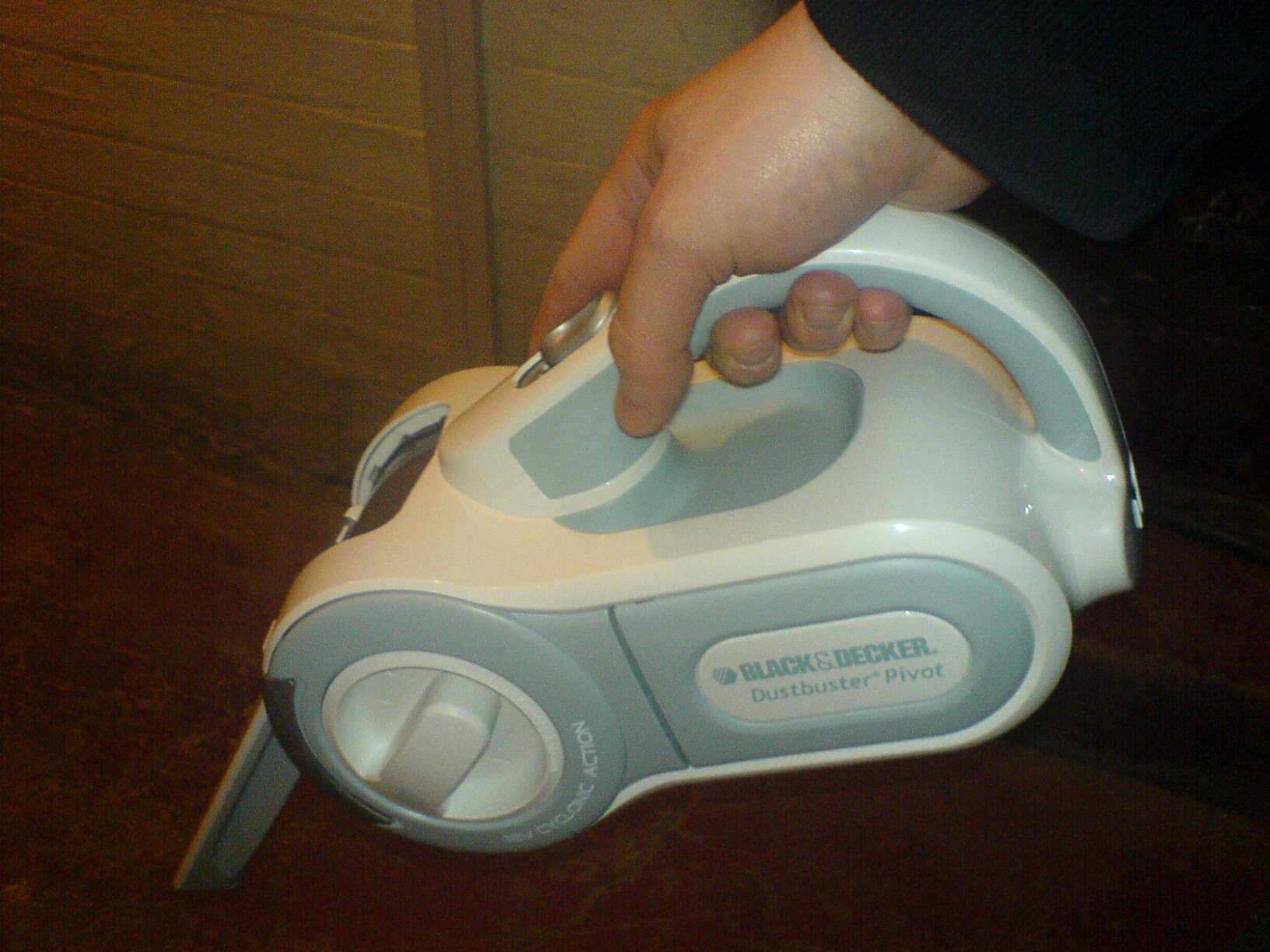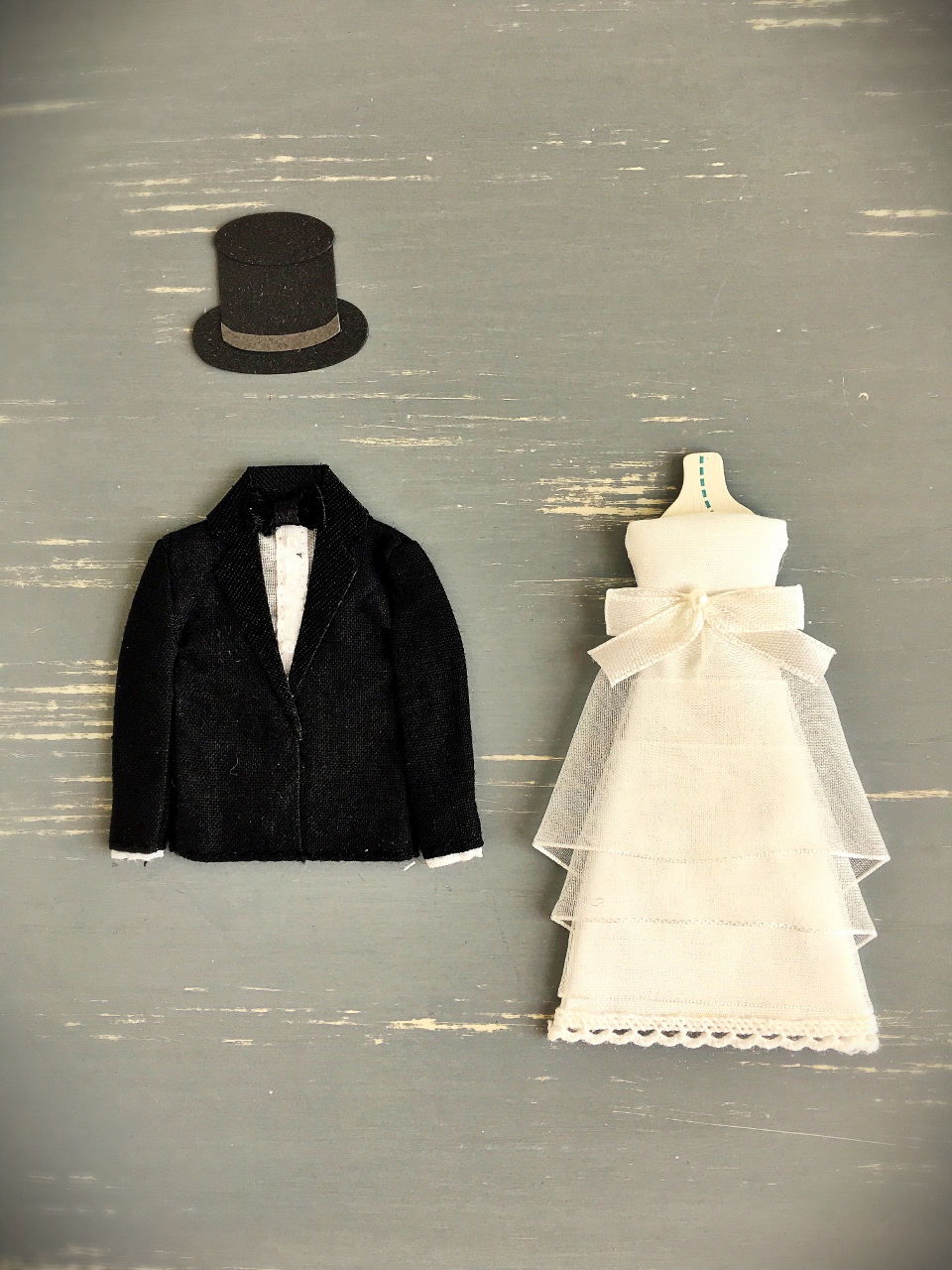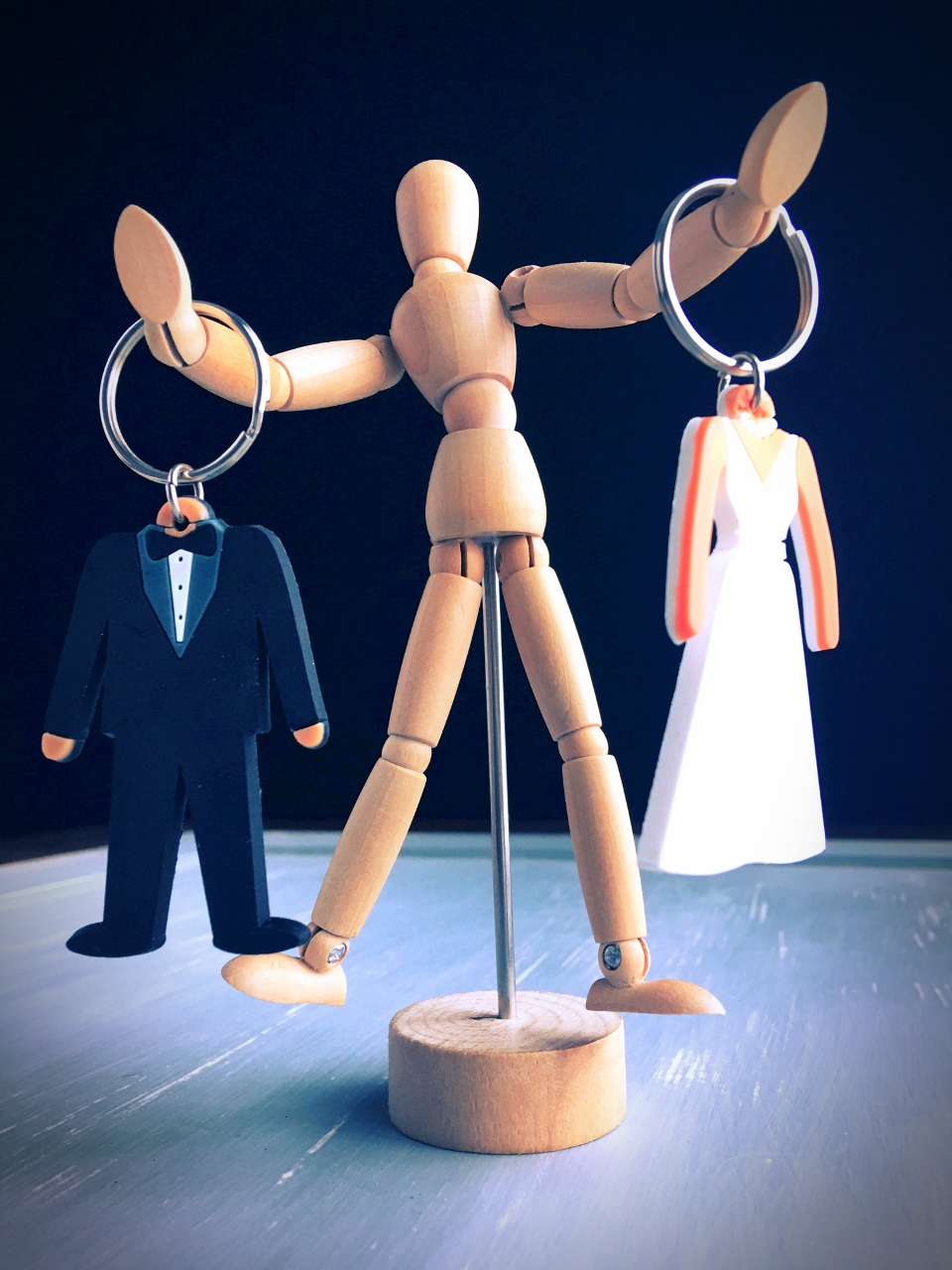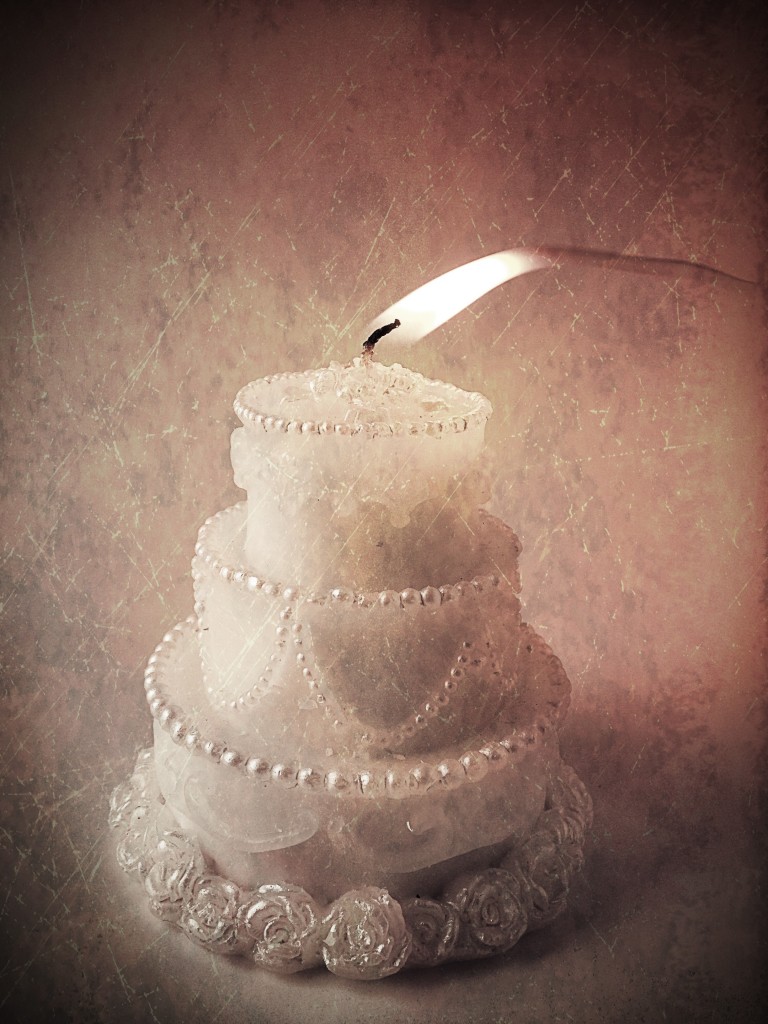Photo by Gina Easley www.ginaeasley.com
By Gina Frangello
My three children slept on mattresses on the floor, in the office adjacent to the master bath, pretending not to hear their father sobbing and pounding on the shower walls. This had become a morning ritual. How long had it been going on—two weeks, three?—on the morning when one of our twins woke to find a beetle in her ear. She’d become so inured to this strange new life of ours that she, who had once wept theatrically upon any insect sighting, simply flicked it across the room and slept on, later to see it on her brother’s mattress.
Sometimes, after the weeping, there would be shouting behind the closed door of their father’s and my master bedroom. Sometime near the end of that period of weeping and shouting, my son would come to my husband and me and beg us to “stop crying, stop yelling, stop closing the door to have talks.” My heart flipped and cracked and shredded itself apart with guilt. Even though it was my husband emitting the noises, my body pulsed with I did this. I did this.
We were confined, all five of us, to the upstairs of our two-level home, one proper bed between us all, extra furniture heaped in piles around our emotional chaos. Downstairs, the first floor of our apartment was gutted, everything draped in plastic. We were in the early stages of an extensive home renovation project we had been planning for a year—the first in fifteen years for our hundred-plus-year-old house. The renovation was, as such things always do, going more slowly than intended.
In the sixth week, my husband finally packed his bags for a solo trip to Colorado and informed me, while this time I wept hysterically on the floor of his closet, that I was to have had all his things moved to an apartment we co-owned with friends by the time he returned, and that he would never spend another night with me in our house. He had to walk past the children on their mattresses, to get to the stairs that would lead him out. Our fourteen-year-old twin daughters pretended to sleep and ignored him, but our nine-year-old son leapt up and rushed to the closet where I was howling like an animal and took me in his arms saying, “It’s okay, Mommy.” I had never, to my recollection, cried in front of my children before, even mildly. My son kissed my face and I tried to calm myself down, to not be That Mother, whose children have to parent her, the way my own mother, depressed in a back bedroom, had often been. Now, however, I was a broken thing with no control of the noises coming out of my body. I had wanted to be so many other things, but instead I was this: a bad memory my children would never be able to get out of their heads.
•••
Don’t feel sorry for me, hysterical on a closet floor, a woman left behind. It isn’t like that, some Elena Ferrante Days of Abandonment descent into rejected grief and madness. I am the Asshole in this story. What they never tell you is how much being the asshole hurts too.
•••
Three days into a home renovation my husband of twenty-two years and I were planning for our duplexed apartment, where we lived with our three children—my elderly parents in a separate downstairs unit—I confessed that I had been having an affair on and off (but mostly on…say it clearly: mostly on) for nearly three and a half years.
My husband and our children and I were in the Wisconsin Dells when I told him, at a horrible water park resort, in exile of the most invasive stage of the renovations: things being demolished, air thick with dust. My husband and I had left our teen twins in charge of our son and gone to dinner at the swanky restaurant inside the hotel, where we had several cocktails each. Though I’d never been a big drinker, lately—by which I mean at least the past two and a half years—I had more or less required a couple of drinks in order to have what passed as a fun time with my husband, to whom even saying “hello” had become a guilty lie.
I was stewing in a toxic, complex brew of my own guilt and duplicity, combined with longstanding marital resentments, anxieties, and almost unbearable boredom. That night, however, was a good night. It was a night—the first in at least a year—in which I could see the glimmers of why I had once fallen intensely in love with my husband and how we had ended up married to begin with. I felt moved by the way his smile was higher and more creased at one end; I could remember how once upon a time he had made me laugh, had been the confidante with whom I casually shared inside jokes that meant nothing to anyone Not Us. Even though he had told me several months prior, at a friend’s wedding, that he knew I didn’t “love him anymore” and that he feared I was just waiting for the children to go to college and then we would become “a clichéd empty nester divorce,” I could see he was still trying—that he wanted to fix whatever it was that had been broken for years before my affair. He still believed in me, even if it seemed years since we had made each other happy. He trusted me, even though it had been years since I’d been worthy of trust.
Was it my ability to glimpse our former love, that night at dinner, that allowed me to finally see—really see—how grotesquely entitled I had been, thinking it was in any way acceptable for me to lie so blatantly? To confuse kindness and tact with cowardice and manipulation—to tell myself stories about how “the Europeans” don’t make a “big deal” about infidelity, as though all I was guilty of was some vague Francophilia?
During the long night of wandering the resort in search of private spaces, my husband and I sobbed and fought, bargained and despaired, in the wake of my announcement. He kept saying, “It’s him or me” and telling me I could never speak to my lover again if I wanted to stay in our marriage. I knew what the Right Answer to such a demand—when you have three children together and elderly parents in the unit downstairs and nearly a quarter century as a couple under your belt—was supposed to be, but I couldn’t give it. I couldn’t promise to cut out of my life the man I had fallen passionately in love with and “rededicate myself to the marriage,” and I realized all at once that if I had been able to do such a thing, which my husband had every right to demand, I would never have had an affair in the first place. I had walked away from other flirtations or borderline-emotional-affairs with a fair amount of ease over the years, knowing they were not worth the risk, knowing where I wanted to be at the end of my story, and not to mess that up for some momentary rush.
The second I actually started my affair, the decision had already been made.
I had withheld that decision—from both my husband and myself—for more than three years.
I had no Right Answers anymore.
•••
This is not about whether I had a “right” to leave my marriage. Of course I had a right. The fact that my husband never cheated on me or that he was a good provider or that he didn’t abuse drugs or alcohol or didn’t beat me has nothing to do with whether or not I was obligated to stay. No one is obligated to stay. We live in a society in which women are no longer chattel, in which we are permitted to choose our relationships, in which divorce is painful but common and legal. My guilt isn’t for knowing that I was never going to love my husband the way I needed to again—the way I believe people should love each other if they are going to use up all the days of their fleeting lives on each other. I don’t feel guilty for the fact that I could already glimpse the picture on the other side of our full-throttle “parenting years”—our children busy with their own lives, heading off to college and out-of-state jobs, our retirement years alone together—and knew I could not stay stagnant inside that frame. This is not about whether or not my husband also made his share of mistakes in our marriage or what they may have been. My leaving my husband was not retribution for any fault of his, but rather—and I believe this in every core of my being—that we each have the right to choose what ships to go down with versus when to get into a lifeboat and save ourselves emotionally. Promises made at the age of twenty-five can feel like words uttered by someone else entirely by the time we are forty-six. There is no one who doesn’t have the right to leave a consensual relationship between adults: no marital atrocities required.
Rather, this is about living, quite literally, inside the toxicity of a lie that had the power to knock down walls. If I did not owe my husband an Until Death Do We Part I no longer believed in, I still owed him a common decency and truth that I did not deliver. Our demolished house became a too-obvious metaphor for the ways I had literally blown our house down. How had I even become a person who would commit to an extensive and costly home renovation, paid for by my husband’s salary, when I was desperately in love with another man? After I shocked myself by confessing, I still held fast that my husband and I could live together “as friends” in our home and raise our children together, each having our freedom—I believed this so completely that I nearly convinced him of it, as he rushed out on a dozen Match and eHarmony dates, then came home either sexually keyed up while I hid awkwardly in the bathroom, or tearful in his grief. This was the livable solution I was selling? How do we become so blind to ourselves? How do we come to believe we have the right to know more about the narrative of someone else’s life than they do, to manipulate that narrative behind the scenes for years, and then believe they actually owe us a friendship?
By “how do we,” I mean of course “how did I?”
“…people with self-respect have the courage of their mistakes,” wrote Joan Didion. “If they choose to commit adultery, they do not then go running, in an access of bad conscience, to receive absolution from the wronged parties.” I was trying to force my husband to forgive me, to still think well of me somehow, to avoid having to look at myself. I no longer wanted to be married to him, but after twenty-five years together, I was selfishly unready to surrender using his eyes as a mirror for my own vanities.
To say he was furious about the timing of my confession would be an understatement. But likely it was my very guilt about the renovation—about all that money spent—that finally drove me, after years of Sphinx-like secrecy, to leave hints that night at dinner until my husband at last asked me point blank, “Have you had sex with him? Are you in love with him?” Ultimately, it was the astronomical renovation costs that shook me out of my three-year era of spectacular rationalizations and made me understand that the only thing I had left to give him anymore was the truth.
•••
I still live in the building my husband and I once shared. Within six months of our separation, he had already come to find being in our home unbearable, even when he was alone with our children—he had moved in with another woman and her three children and had no desire, by the time of our finalized divorce, to ever set foot in our house again. He made moves in our divorce proceedings to try to sell the house, but with three children who have lived here their entire lives, and my elderly parents who were too sick to move anywhere else besides assisted living, selling the home would have punished all the wrong people. I was determined to keep our physical home intact, choosing it above the far more lucrative “permanent maintenance” to which every attorney and every friend told me I was entitled after twenty-three years of marriage, even though at the time of my divorce I had just finished chemotherapy for breast cancer and had no reliable income. “Divorce law is not about atonement,” my fatherly attorney kept telling me anxiously, but in my mind, if somehow I could keep the kids and my parents safely in their longstanding home, I could contain, at least to some small degree, the wreckage I had wrought.
During the weeks of our marital cleaving, our shattered and tarp-strewn house was a painfully literal metaphor for so many things gone wrong. Now, the beautifully restored home in which I live with my children and my widowed mother, where the man I love writes at an orange desk in the spot where my children’s floor-mattresses were strewn during those terrible weeks, where our three cats curl up with us and we have dinner parties and Game of Thrones marathons with friends…now this place carries enormous contradictions. It is a less volatile, more fun, and more transparent place than it was. Yet this space is also a constant reminder of my worst regrets and shame. Though my once double life is now whole, the dark wood floors of my dining room and restored vintage door (thicker and more soundproof than the flimsy former one) on my bedroom still remind me daily of the casual cruelty of which I was capable and of the privileges—even with my tax return only a couple thousand above the poverty level the year of my divorce—my ex-husband provided in buying and paying off this home he expected to grow old in. Here in what should have been a safe and sacred space, but instead became a site of violation, I wake up every day trying to live authentically, with truth and ethics, trying to be better than I was.
This is about and not about regret. It is possible to both not be sorry that a marriage is over, yet to be grotesquely sorry for the ways in which I ended it. It is possible to be incredibly more myself now, and yet to understand that other people paid far too high a price for my pursuit of freedom and happiness. I love my house, and I do not feel deserving of my house, even though I am trying to be, in the way I parent, the way I daughter, the way I hold to honesty in my new relationship; in the ways I work to care for and manage this household, responsible myself now for its bills and upkeep. Someday, maybe I will sell this beautiful shell that contains so much history, both luminous and sad. Until then, it is a walk-in model of my heart, capable of ruin and beauty, of pain and reinvention. I don’t know if these walls would ever forgive me, but I am trying, every day, to forgive myself.
•••
GINA FRANGELLO’s fourth book of fiction, Every Kind of Wanting, was released on Counterpoint in September 2016, has been optioned by Universal Cable Productions/Denver & Delilah, and was included on several “best of” lists for 2016, including in Chicago Magazine and The Chicago Review of Books. Her last novel, A Life in Men (Algonquin 2014), was selected for the Target Emerging Authors series, was also optioned by Universal Cable Productions/Denver & Delilah, and was a book club selection for NYLON magazine, The Rumpus and The Nervous Breakdown. She is also the author of two other books of fiction: Slut Lullabies (Emergency Press 2010), which was a Foreword Magazine Best Book of the Year finalist, and My Sister’s Continent (Chiasmus 2006). She has nearly twenty years of experience as an editor, having founded both the independent press Other Voices Books, and the fiction section of the popular online literary community The Nervous Breakdown. She has also served as the Sunday editor for The Rumpus, the Executive Editor for Other Voices magazine, and the faculty editor for TriQuarterly Online. Her short fiction, essays, book reviews, and journalism have been published in such venues as Salon, Dame, Ploughshares, the Boston Globe, BuzzFeed, Role Reboot, the Chicago Tribune, the Huffington Post and in many other magazines and anthologies. www.ginafrangello.org

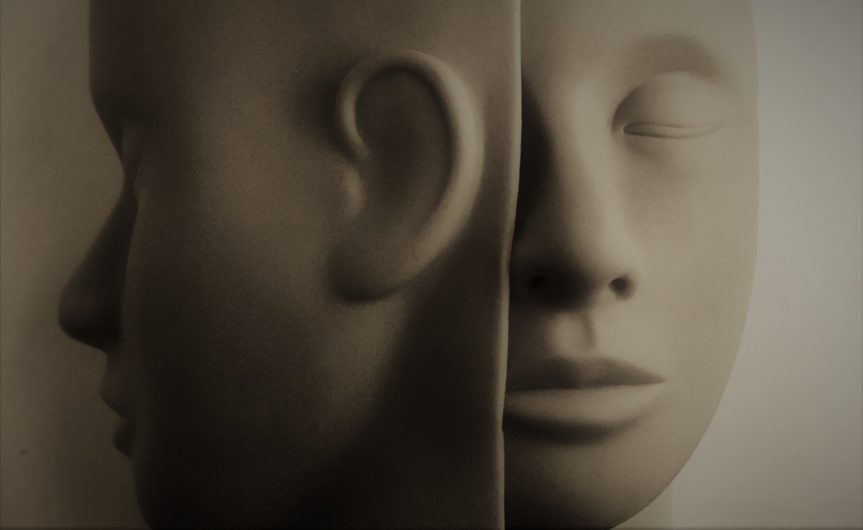
 Follow
Follow

